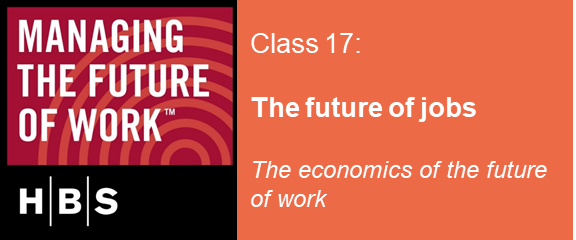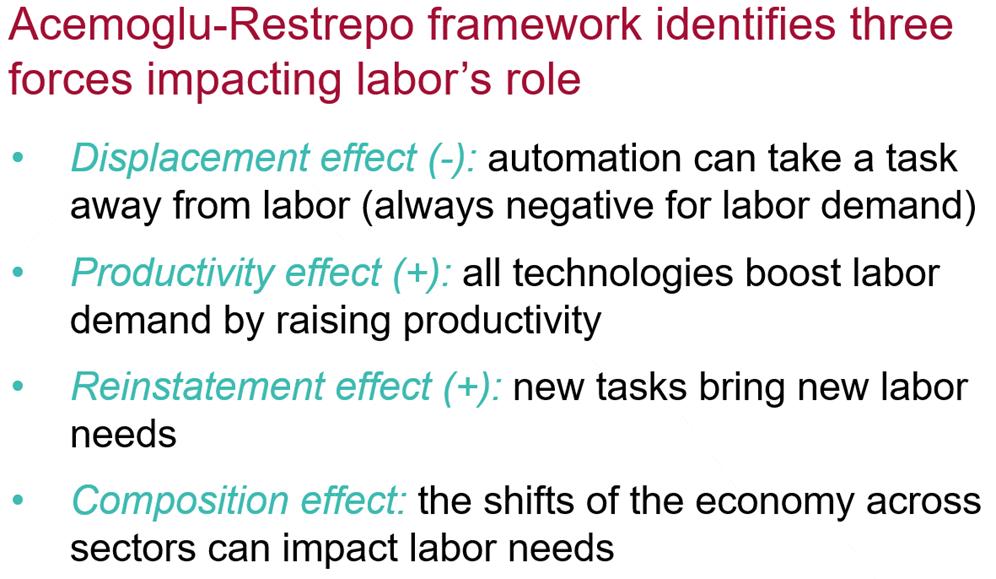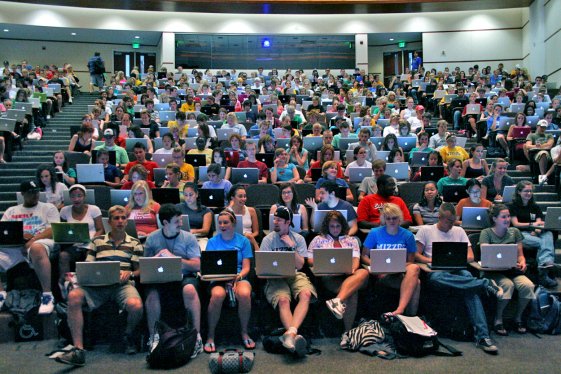I share a few key ideas from each class that sparked conversation.
Class 17 put our case studies in context by examining the economics of the future of work. #ManagingTheFutureOfWork meets #econtwitter!




Twitter may remove this content at anytime, convert it as a PDF, save and print for later use!

1) Follow Thread Reader App on Twitter so you can easily mention us!
2) Go to a Twitter thread (series of Tweets by the same owner) and mention us with a keyword "unroll"
@threadreaderapp unroll
You can practice here first or read more on our help page!



